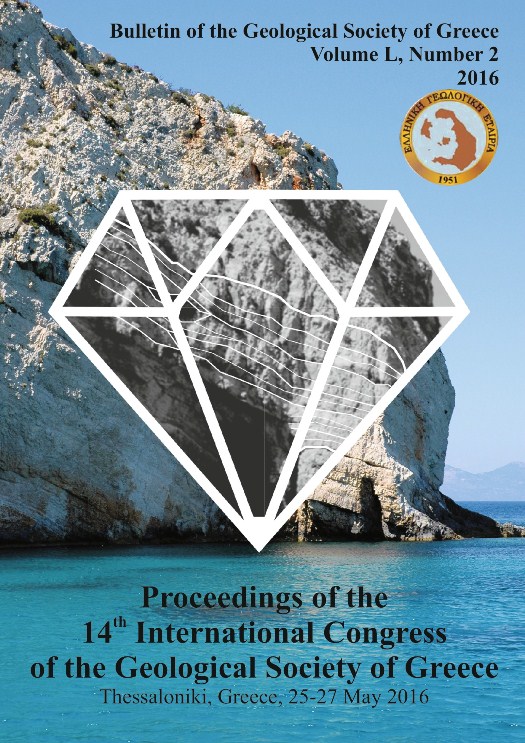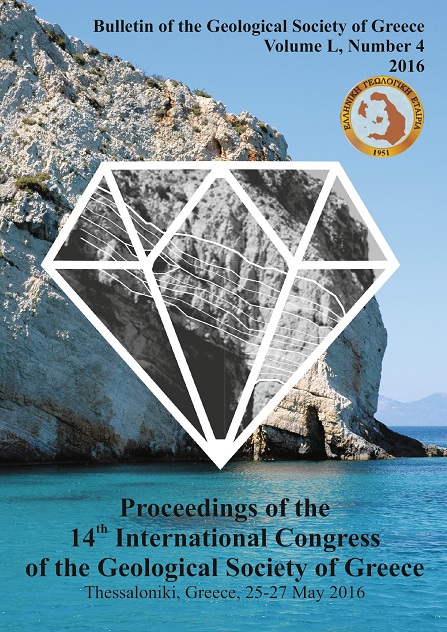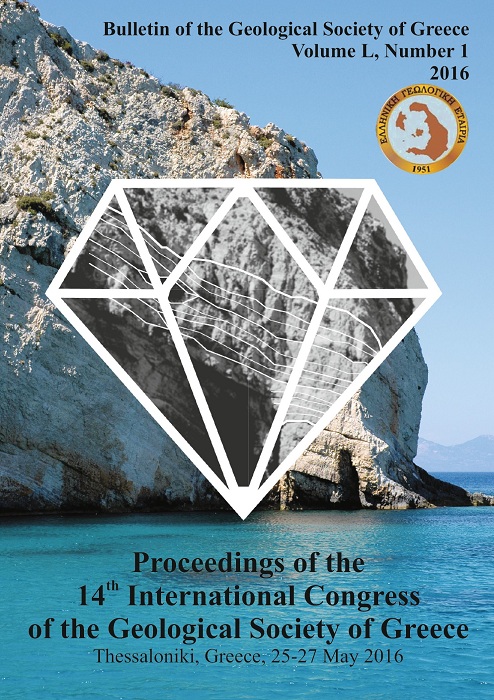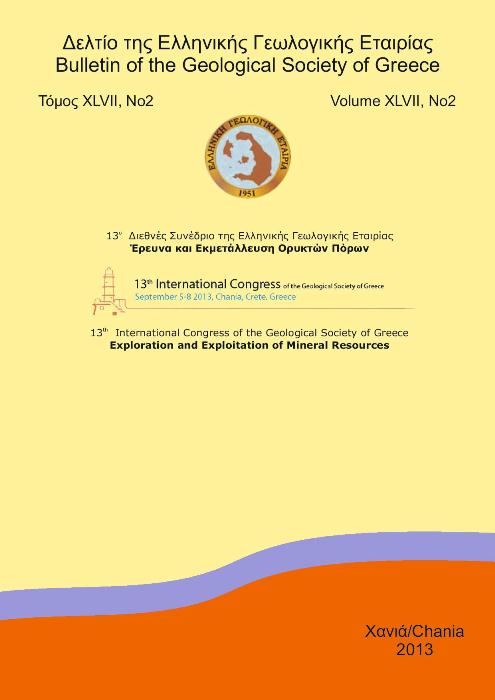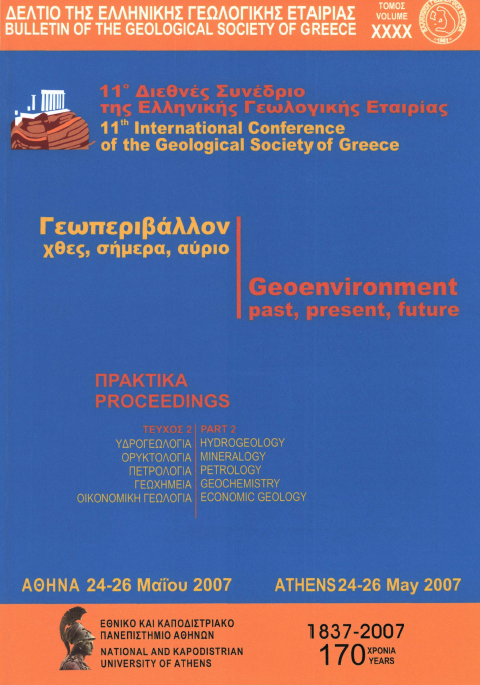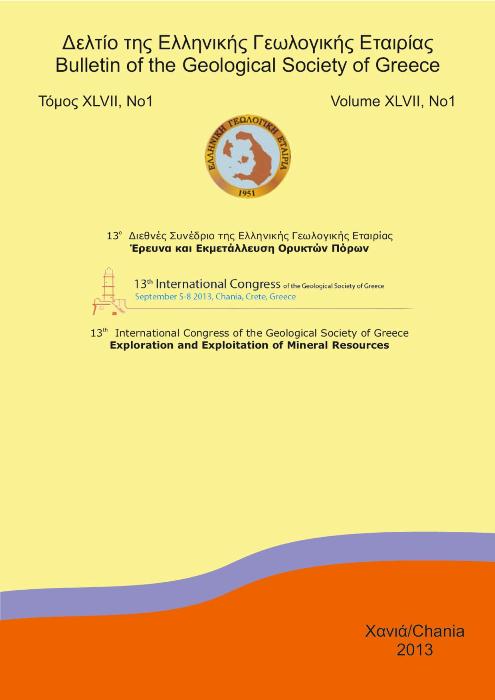IMPACTS OF CLIMATE CHANGES ON HYDROLOGIC BALANCE: A CASE STUDY OF VOCHA PLAIN, KORINTHIA
Résumé
The aim of this study is to evaluate climate model hydrological parameters in comparison to recorded hydrological data and estimate the impacts of climate change on water balance. For this purpose, a combination of climate model precipitation and temperature data and Thornthwaite method was applied for the period 1988-2000 and the future periods 2028-2040, 2058-2070 and 2088 2100. The application of this combination was carried out in a coastal region in Southeastern part of Korinthiakos Gulf (southern Greece). The area is suitable for this target, because it is characterized by urbanization, intensive agriculture and tourism development, with increasing water demands. The evaluation of climate model parameters in comparison to observed data shows that the RegCM3 model is a reliable model. According to the future projections and the Thornthwaite method, the real evapotranspiration is estimated to increase, as a result precipitation decrease and temperature increase.
Article Details
- Comment citer
-
Venetsanou, P., Anagnostopoulou, C., & Voudouris, K. (2016). IMPACTS OF CLIMATE CHANGES ON HYDROLOGIC BALANCE: A CASE STUDY OF VOCHA PLAIN, KORINTHIA. Bulletin of the Geological Society of Greece, 50(2), 1068–1077. https://doi.org/10.12681/bgsg.11812
- Rubrique
- Climatology

Ce travail est disponible sous licence Creative Commons Attribution - Pas d’Utilisation Commerciale 4.0 International.
Authors who publish with this journal agree to the following terms:
Authors retain copyright and grant the journal right of first publication with the work simultaneously licensed under a Creative Commons Attribution Non-Commercial License that allows others to share the work with an acknowledgement of the work's authorship and initial publication in this journal.
Authors are able to enter into separate, additional contractual arrangements for the non-exclusive distribution of the journal's published version of the work (e.g. post it to an institutional repository or publish it in a book), with an acknowledgement of its initial publication in this journal. Authors are permitted and encouraged to post their work online (preferably in institutional repositories or on their website) prior to and during the submission process, as it can lead to productive exchanges, as well as earlier and greater citation of published work.

